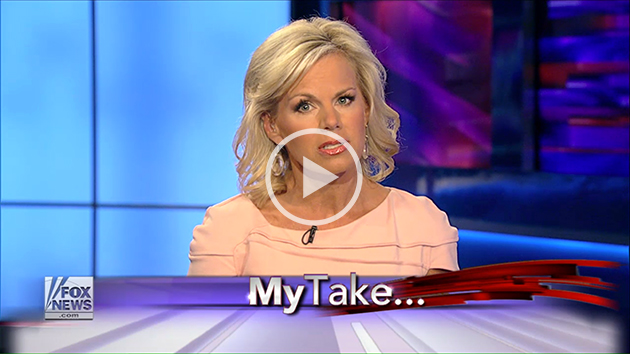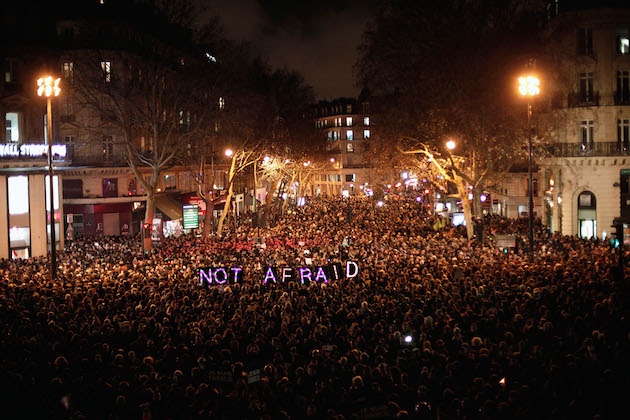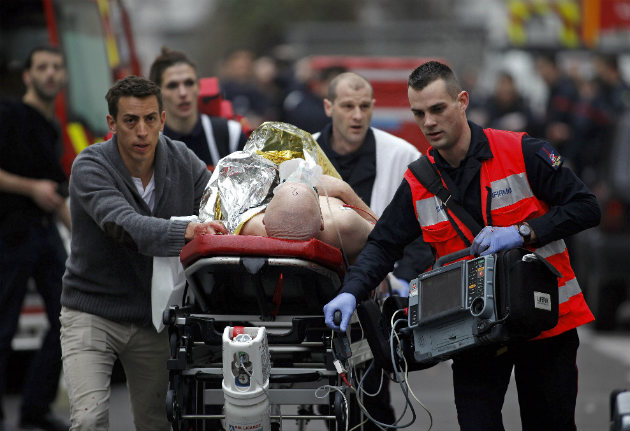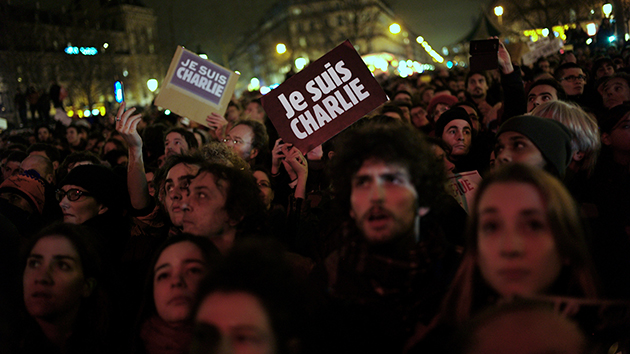
Thibault Camus/AP
In a sense, many in France saw it coming. The massacre carried out by masked gunmen on Wednesday at the satirical newspaper Charlie Hebdo appears to have fulfilled widespread fears: According to a Pew Research Center poll from last October, French citizens viewed religious and ethnic hatred—along with the gap between the rich and poor—to be the world’s greatest threat:
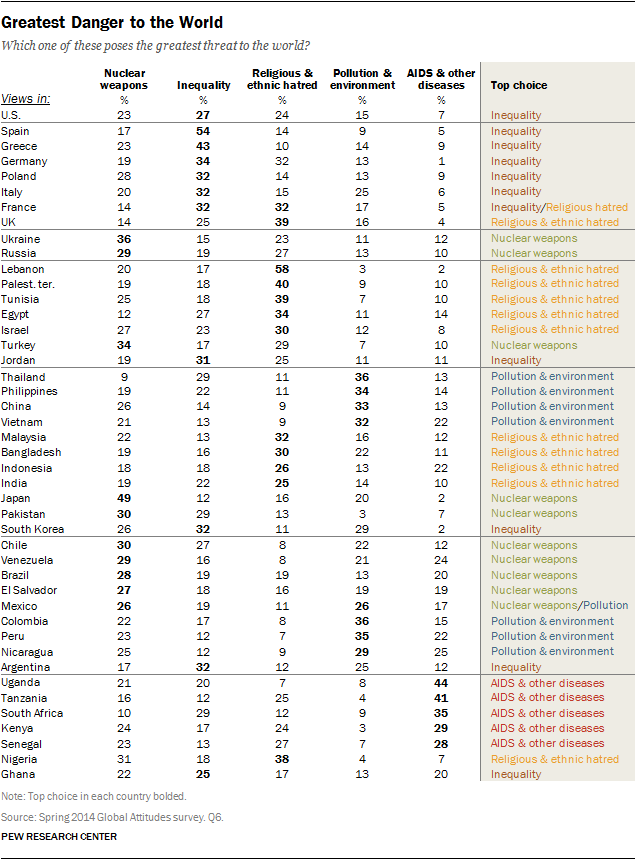
Citizens of the United Kingdom and Germany also saw religious and ethnic hatred as a prime danger, while that category topped the list in most countries surveyed in the Middle East and Southeast Asia.
In France—a constitutionally secular country with an estimated 5 million Muslims and a recent history of violence rooted in ethnic strife—the Pew findings suggest persistent concerns about rising tensions and Islamic extremism, as these results from its 2010 survey show:
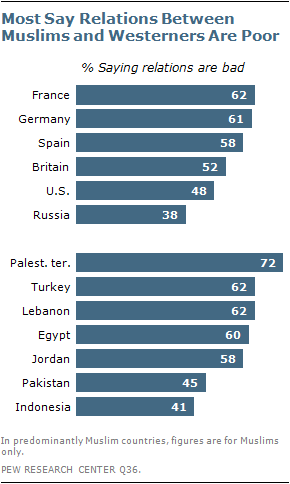
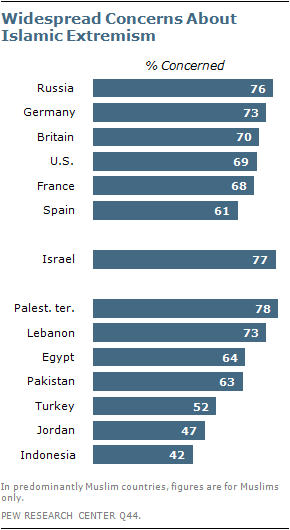
In the wake of the Charlie Hebdo killings, some suspect that the incident is likely to speed up the spread of anti-Islamic and anti-immigrant sentiment in France and the rest of Europe, particularly among far-right groups like France’s National Front.
“This is a dangerous moment for European societies,” Peter Neumann, director of the International Center for the Study of Radicalization at King’s College London, told the New York Times. “With increasing radicalization among supporters of jihadist organizations and the white working class increasingly feeling disenfranchised and uncoupled from elites, things are coming to a head.”
